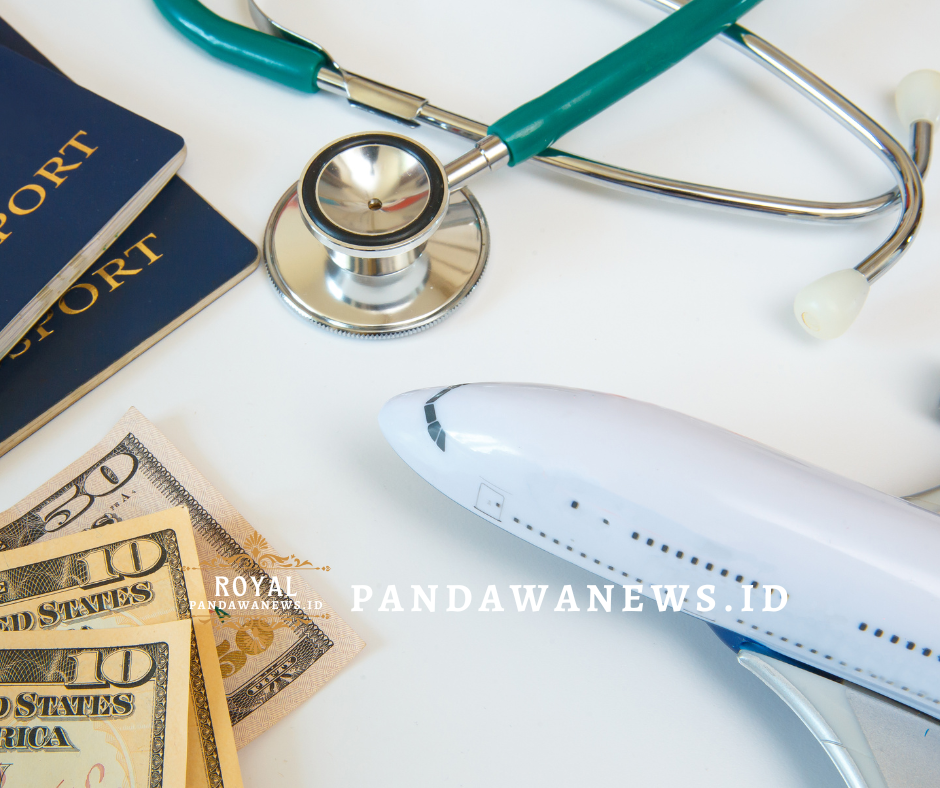You’ve booked your flights, hotels, and excursions. But there’s one question left: Should you get travel insurance?
For many travelers, the extra expense seems unnecessary—until something goes wrong. From cancelled flights to emergency hospital stays, travel insurance can save you thousands and provide peace of mind.
In this article, we’ll break down:
-
What travel insurance covers
-
When you actually need it
-
Pros and cons
-
How to choose the right policy
What Is Travel Insurance?
Travel insurance is a financial safety net that protects you from losses while traveling. It can reimburse you for non-refundable costs and cover emergencies like medical treatment abroad, trip interruptions, lost luggage, and more.
What Does Travel Insurance Typically Cover?
✅ 1. Trip Cancellation
Reimbursement if you cancel your trip due to:
-
Illness or injury
-
Death in the family
-
Natural disasters
-
Job loss
✅ 2. Medical Emergencies
Covers hospital stays, surgeries, and doctor visits while abroad. Some countries have expensive healthcare systems where this coverage is essential.
✅ 3. Emergency Evacuation
Covers transportation to the nearest suitable hospital—or even repatriation back home.
✅ 4. Lost or Delayed Baggage
Reimbursement for essentials and the value of lost personal items.
✅ 5. Trip Delay or Interruption
Covers meals, hotels, and transportation if your trip is unexpectedly delayed or cut short.
✅ 6. 24/7 Assistance
Access to a hotline for emergencies, translation, medical referral, and more.
When Is Travel Insurance Worth It?
Travel insurance is highly recommended when:
-
✈️ You’re taking an international trip
-
💰 Your trip costs more than $2,000
-
👵 You’re traveling with elderly or sick family
-
🏔️ You plan adventure activities (like skiing or hiking)
-
🌪️ You’re going to areas prone to weather disruptions or political unrest
-
🛳️ You’re going on a cruise
-
🏥 Your destination doesn’t accept your home country’s health insurance
When Travel Insurance May Not Be Necessary
You might skip travel insurance if:
-
Your trip is domestic and inexpensive
-
You have comprehensive health insurance that includes global coverage
-
You booked refundable tickets and accommodations
⚠️ Important: Check your credit card benefits. Some premium cards offer built-in travel protection.
Pros and Cons
✅ Pros
-
Peace of mind for unpredictable events
-
Coverage for high-cost emergencies
-
Financial reimbursement for delays and cancellations
-
Support services in unfamiliar locations
❌ Cons
-
Can cost 4%–10% of your trip’s total
-
Some claims may be denied for vague reasons
-
Exclusions for pre-existing conditions or “known events”
How Much Does It Cost?
On average: 4% to 10% of your trip’s total cost.
For a $5,000 trip, expect to pay $200–$500, depending on:
-
Age of travelers
-
Length of trip
-
Coverage level
-
Risk factors (like adventure sports)
How to Choose the Right Travel Insurance
-
Assess Your Needs
-
Are you worried about cancellations, or just medical emergencies?
-
-
Compare Policies
-
Use travel comparison sites or brokers
-
-
Understand Exclusions
-
Read the fine print, especially for pre-existing conditions
-
-
Check Provider Reputation
-
Look at reviews and claim response rates
-
-
Buy Early
-
Some benefits only apply if insurance is purchased within 14 days of booking
-
Real Example
“I never thought I’d use travel insurance. Then I broke my leg in Thailand and racked up $8,000 in hospital bills. My insurance covered it all—including the flight home.”
— Kevin, 29, USA
FAQs
Is travel insurance mandatory?
Not usually, but some countries (like Cuba, Schengen area, and UAE) require proof of insurance to enter.
Does it cover COVID-19?
Most modern policies now offer coverage for COVID-related cancellations and treatment—but check before you buy.
Can I get insurance after booking my trip?
Yes, but the sooner you buy, the more coverage you’ll have.
Final Verdict: Is It Worth It?
If your trip is expensive, international, or includes risky activities—travel insurance is worth it. It protects not only your investment but your health and safety abroad.
Even if you never use it, having it offers peace of mind—and that’s priceless.










